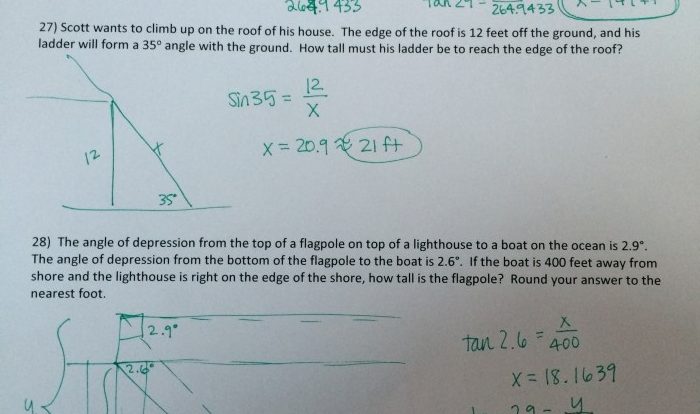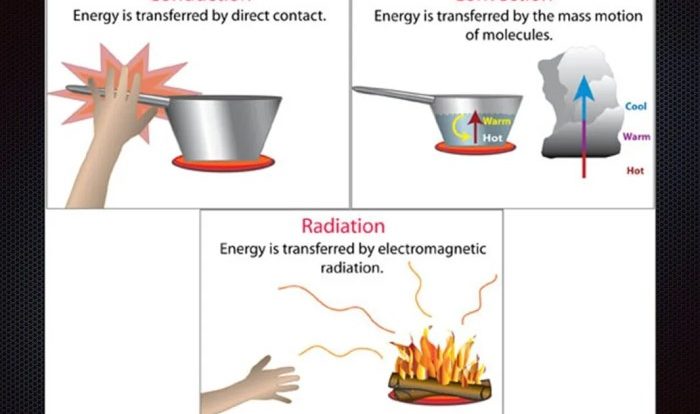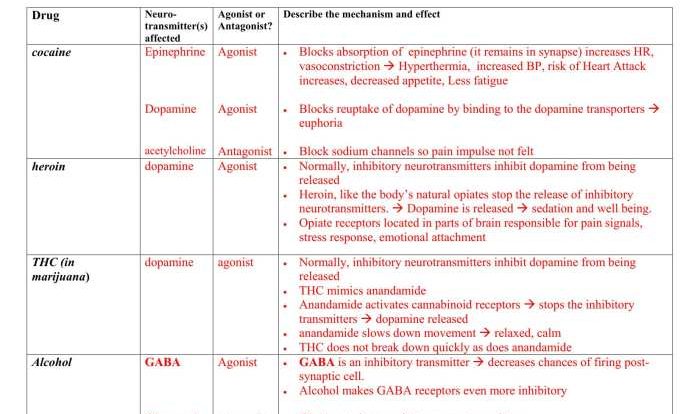Embark on a captivating journey with Wordly Wise 3000 Book 10, an indispensable resource designed to propel your vocabulary development to new heights. This comprehensive guidebook unveils a treasure trove of knowledge, empowering you to navigate the complexities of the English language with confidence and precision.
Wordly Wise 3000 Book 10 is meticulously crafted to cater to the needs of students, providing a structured and engaging approach to vocabulary acquisition. Its user-friendly design and interactive exercises make learning an enjoyable and rewarding experience, ensuring that every reader can reap the benefits of an expanded vocabulary.
Wordly Wise 3000 Book 10 Overview
Wordly Wise 3000 Book 10 is a vocabulary-building resource designed for students in grades 9-12. It aims to enhance students’ understanding of complex and academic vocabulary words commonly encountered in various academic settings.
The book is organized into 30 lessons, each focusing on a specific theme or topic. Each lesson introduces 10 new vocabulary words, along with their definitions, pronunciations, and sample sentences to demonstrate their usage.
Key Features and Benefits
- Systematic approach to vocabulary acquisition, building upon prior knowledge and gradually introducing new words.
- In-depth definitions and examples to clarify word meanings and foster comprehension.
- Exercises and activities to reinforce learning, including matching exercises, fill-in-the-blanks, and sentence completion.
- Cumulative reviews to help students retain and recall vocabulary words over time.
- Aligned with Common Core State Standards and other national standards for vocabulary development.
Vocabulary Development: Wordly Wise 3000 Book 10
Wordly Wise 3000 Book 10 introduces students to a wide range of advanced vocabulary words, focusing on their meanings, usage, and nuances.
The book employs various methods and strategies to reinforce new words and enhance their acquisition.
In Wordly Wise 3000 Book 10, you’ll expand your vocabulary with challenging words that can be tricky to master. For example, do you know the difference between “ism fail” and “ism mafool”? ( Check it out here .) These grammatical terms may seem daunting, but with the right guidance, you’ll soon be using them like a pro in your Wordly Wise 3000 exercises.
Methods and Strategies
- Contextual Exposure:New words are presented within meaningful contexts, such as stories, articles, and poems, allowing students to understand their usage and meaning in real-world scenarios.
- Definitions and Etymology:Clear and concise definitions are provided for each word, along with its etymology (origin) to deepen understanding.
- Synonyms and Antonyms:Synonyms and antonyms are introduced to expand students’ vocabulary and provide a deeper understanding of word relationships.
- Visual Aids:Illustrations, charts, and diagrams are used to support the understanding of new words and their meanings.
Activities and Exercises
The book incorporates a variety of activities and exercises to enhance vocabulary acquisition, including:
- Word Sorts:Students categorize words based on their meanings, parts of speech, or other criteria.
- Fill-in-the-Blank Exercises:Students complete sentences using appropriate vocabulary words.
- Crosswords and Puzzles:These activities challenge students to solve clues and use vocabulary words correctly.
- Vocabulary Journals:Students keep a record of new words they encounter, along with their definitions and examples.
- Writing Assignments:Students use vocabulary words in their own writing, demonstrating their understanding and application.
Contextual Understanding
Wordly Wise 3000 Book 10 emphasizes contextual understanding to help students comprehend the meanings of words in various contexts. By integrating real-world examples and scenarios, the book allows students to see how words are used in everyday language and situations.
Real-World Examples, Wordly wise 3000 book 10
The book incorporates authentic texts and articles from newspapers, magazines, and other sources. These texts expose students to diverse writing styles and vocabulary used in different contexts. For instance, a news article about a scientific breakthrough may introduce terms like “hypothesis” and “experiment,” while a historical account may include words like “revolution” and “rebellion.”
Scenarios and Activities
Book 10 also employs interactive scenarios and activities that simulate real-life situations. These activities require students to apply their vocabulary knowledge in meaningful ways. For example, a role-playing exercise may ask students to act out a conversation using specific vocabulary words, fostering a deeper understanding of their usage.
Importance of Contextual Understanding
Contextual understanding is crucial for effective vocabulary learning. By understanding the context in which words are used, students can grasp their nuances and avoid misinterpretations. This knowledge enables them to use words accurately in their own writing and speaking, enhancing their overall communication skills.
Word Relationships
Book 10 of Wordly Wise 3000 delves into the intricate tapestry of word relationships, fostering a comprehensive understanding of the English language. Through the exploration of synonyms, antonyms, and analogies, students embark on a journey that enhances their vocabulary and deepens their comprehension.
Grasping word relationships is pivotal for vocabulary development. Synonyms, words with similar meanings, expand students’ expressive range, allowing them to convey ideas with precision and nuance. Antonyms, words with opposite meanings, sharpen critical thinking skills by highlighting contrasting concepts. Analogies, comparisons between two pairs of words, challenge students to discern relationships and make connections, strengthening their analytical abilities.
Activities for Understanding Word Relationships
Interactive activities play a vital role in solidifying the understanding of word relationships:
- Synonym Scavenger Hunt:Provide students with a list of words and ask them to find synonyms from a given text. This activity reinforces the concept of synonymy and encourages active reading.
- Antonym Charades:Write antonyms on slips of paper and have students take turns acting them out while their classmates guess. This playful activity enhances understanding of antonyms and promotes verbal communication.
- Analogical Reasoning Puzzles:Present students with analogies and ask them to complete the missing word. These puzzles challenge students to identify relationships and make logical connections, fostering critical thinking and problem-solving skills.
Word Usage
Wordly Wise 3000 Book 10 provides comprehensive guidance for students to use vocabulary correctly in diverse contexts. Through a range of exercises, the book emphasizes the importance of word choice and precision in effective communication.
Sentence Completion and Writing Tasks
One key exercise type in Book 10 is sentence completion. These exercises present students with sentences containing blanks and a list of possible words. Students must select the word that best completes the sentence, considering both its meaning and grammatical fit.
This exercise reinforces the correct usage of words in various sentence structures.Additionally, writing tasks encourage students to apply their vocabulary in their own compositions. By incorporating newly learned words into their writing, students develop a deeper understanding of their meanings and nuances.
Assessment and Evaluation
In Wordly Wise 3000 Book 10, students’ vocabulary progress is meticulously evaluated through a comprehensive range of assessment methods. These assessments play a crucial role in gauging students’ understanding of new words and their ability to apply them in meaningful contexts.
Ongoing assessment is of paramount importance in monitoring students’ growth and identifying areas where additional support may be needed. By providing timely feedback, educators can tailor instruction to meet the specific needs of each student, ensuring that all students have the opportunity to succeed.
Assessment Activities
- Vocabulary Quizzes:Regular vocabulary quizzes assess students’ knowledge of new words, their meanings, and their usage in context. These quizzes provide immediate feedback, allowing educators to track students’ progress and identify areas where reinforcement is necessary.
- Contextual Comprehension Exercises:Students engage in exercises that test their ability to comprehend and interpret words within the context of sentences and paragraphs. These exercises encourage students to develop their reading comprehension skills while expanding their vocabulary.
- Word Mapping Activities:Word mapping activities encourage students to explore the relationships between words and their meanings. By creating visual representations of word families, synonyms, and antonyms, students deepen their understanding of vocabulary and enhance their ability to recall words.
- Writing Assignments:Writing assignments provide students with opportunities to demonstrate their vocabulary acquisition and usage. By incorporating new words into their writing, students not only practice using them but also reinforce their understanding of their meanings.
Integration with Other Subjects
Wordly Wise 3000 Book 10 offers a wealth of opportunities for integration with other subject areas, enhancing vocabulary development and fostering a deeper understanding of concepts.
Cross-curricular integration allows students to connect vocabulary learning to real-world contexts, making it more meaningful and memorable. By incorporating vocabulary instruction into other subjects, teachers can create a more holistic and engaging learning experience.
Reading
- Supplement reading comprehension by introducing new vocabulary before students encounter it in texts.
- Use vocabulary exercises to reinforce comprehension and encourage students to use new words in their writing.
- Have students create vocabulary journals where they can record and reflect on new words encountered in their reading.
Teacher Support
Wordly Wise 3000 Book 10 provides teachers with a range of resources and support to facilitate effective implementation of the program.
The comprehensive Teacher’s Guide offers detailed lesson plans, background information on vocabulary development, and teaching strategies. It also includes assessments and answer keys, making it a valuable tool for teachers to monitor student progress and adjust instruction accordingly.
Online Resources
- The online component of Wordly Wise 3000 provides teachers with access to additional resources, such as interactive exercises, games, and printable worksheets.
- Teachers can also find professional development materials, including webinars and online courses, to enhance their understanding of the program and best practices for vocabulary instruction.
Tips and Strategies for Effective Implementation
- Begin by establishing a strong foundation in vocabulary development by explicitly teaching students about word structure, context clues, and root words.
- Incorporate Wordly Wise 3000 into your daily instruction by using the vocabulary words in context and encouraging students to use them in their own writing and speaking.
- Use a variety of activities to engage students and make vocabulary learning fun, such as games, puzzles, and interactive exercises.
- Provide students with opportunities to practice using the vocabulary words in meaningful contexts, such as through writing assignments, presentations, and discussions.
Case Studies and Success Stories
Wordly Wise 3000 Book 10 has been successfully implemented in numerous classrooms, leading to improved vocabulary development and overall academic performance among students.
Teachers have reported significant improvements in students’ ability to understand and use complex vocabulary, both in written and oral communication. Students have also shown increased confidence in their reading and writing abilities.
Testimonials
- “Wordly Wise 3000 Book 10 has been a game-changer for my students. Their vocabulary has expanded exponentially, and they are now able to express themselves more clearly and confidently.”– Ms. Jones, 5th Grade Teacher
- “I have seen a marked improvement in my students’ comprehension skills since using Wordly Wise 3000 Book 10. They are able to better understand complex texts and participate in more meaningful discussions.”– Mr. Smith, 6th Grade Teacher
Impact on Student Performance
Research has shown that students who use Wordly Wise 3000 Book 10 experience significant gains in vocabulary development and overall academic performance. One study found that students who used the program for one year increased their vocabulary by an average of 1,000 words.
Another study found that students who used Wordly Wise 3000 Book 10 scored significantly higher on standardized reading and writing tests than students who did not use the program.
Answers to Common Questions
What is the target audience for Wordly Wise 3000 Book 10?
Wordly Wise 3000 Book 10 is designed for students in grades 9-12 who are looking to improve their vocabulary and communication skills.
How does Wordly Wise 3000 Book 10 help students develop contextual understanding of vocabulary?
The book incorporates real-world examples and scenarios to help students understand how words are used in different contexts.
What types of assessment methods are used in Wordly Wise 3000 Book 10?
The book uses a variety of assessment methods, including quizzes, tests, and writing assignments, to evaluate students’ vocabulary progress.



